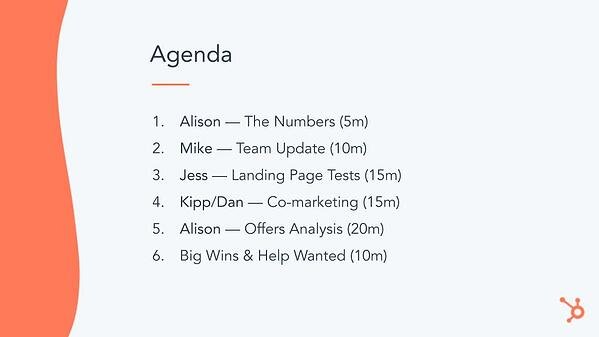Do You Really Need to Hold That Meeting [Quiz + Tips]

By jfuchs@hubspot.com (Jay Fuchs)
“This could have been an email.”
Those six words can take the wind out of an office. They mean that time has been wasted, employees are frustrated, and leadership has been ever-so-slightly undermined.
Unjustified meetings are inefficient and grating. Haphazardly putting time on colleagues’ calendars — only to fumble with its purpose, conduct it without direction, or spend all your time talking at attendees as opposed to collaborating with them — takes a toll on everyone involved.
Here, we’ll review some criteria you should look for when deciding whether a meeting is worth everyone’s time, see a few definitive signs that an issue doesn’t warrant a meeting, and go over some of the more prominent, effective meeting alternatives.
When You Should Hold a Meeting
The issue at hand is urgent and time-sensitive.
If the information you need to convey is must-hear and timebound, don’t think twice — book a meeting. You don’t want to run the risk of sending a mass email about a pressing issue, only to have some employees gloss it over or ignore it entirely.
Some things are need-to-know and can’t wait, and your response to those instances needs to reflect that kind of urgency. Don’t be overly passive. Don’t count on your team members to get to the information on their own time. Book a meeting, and get those points across.
You need a space for thorough discussion and multiple perspectives.
Some issues call for some degree of collaboration and thinking out loud. Those kinds of brainstorm sessions and general discussions warrant actual meetings. The spur of the moment thinking and flexibility for your team to bounce ideas off one another is hard to replicate via mediums like instant message or email.
Collaborative meetings foster creativity and critical thinking. If you feel you need your team to immediately run thoughts by one another on the fly and tease ideas out of each other in person, booking a meeting is probably your best bet.
Decision-making is at play.
When the content of a potential meeting is high-stakes — as in “involving decisions that have significant implications on the company’s future” — you have to get everyone together.
You can’t take these situations lightly. In these cases, stakeholders need to know what’s going on and have a forum to air concerns and provide input. An email chain, message board, or pre-recorded video presentation won’t provide that.
When You Don’t Need a Meeting
You don’t have a definitive agenda.
One of the biggest meeting blunders you can make is going in without a plan. Never wing a meeting. Just going in and trying to figure things out as you go is frustrating and obnoxious for your team members — it’s an unproductive waste of time.
If you don’t put an agenda together, you’re also undermining your ability to determine whether the issue at hand actually warrants a meeting in the first place. When you take the …read more
Source:: HubSpot Blog









